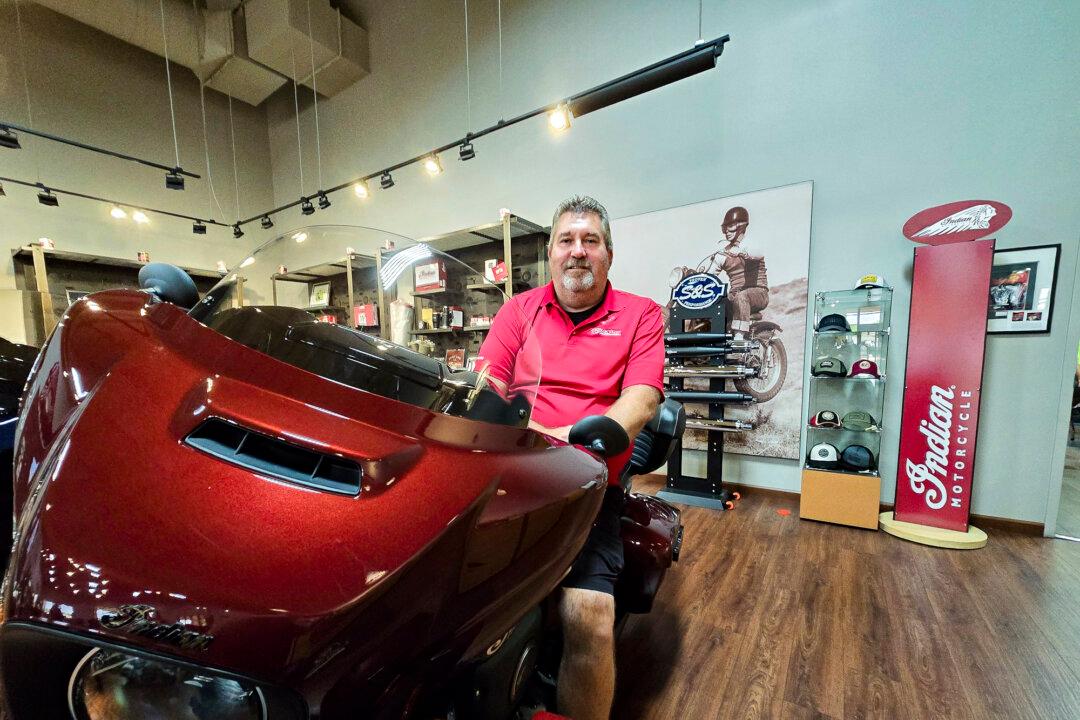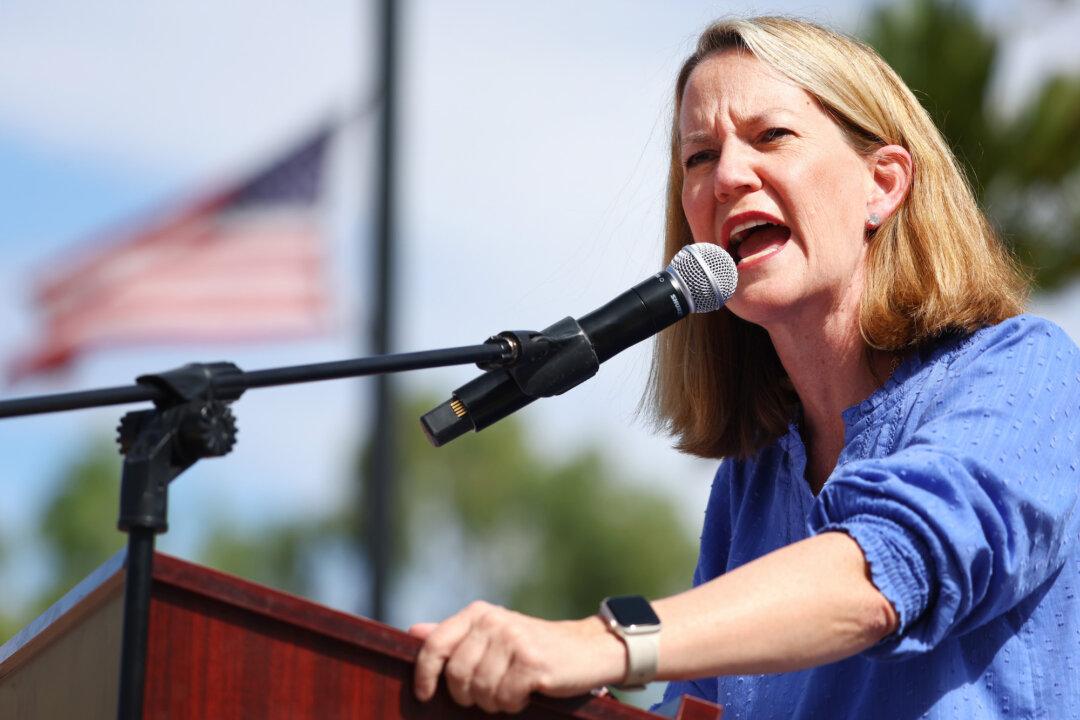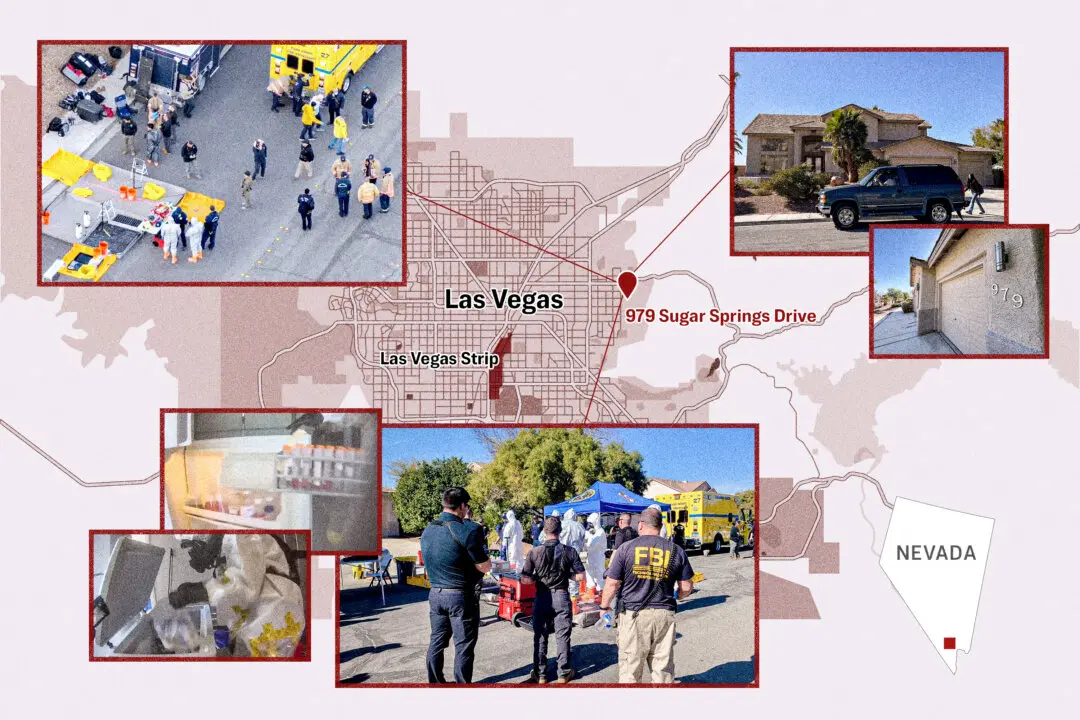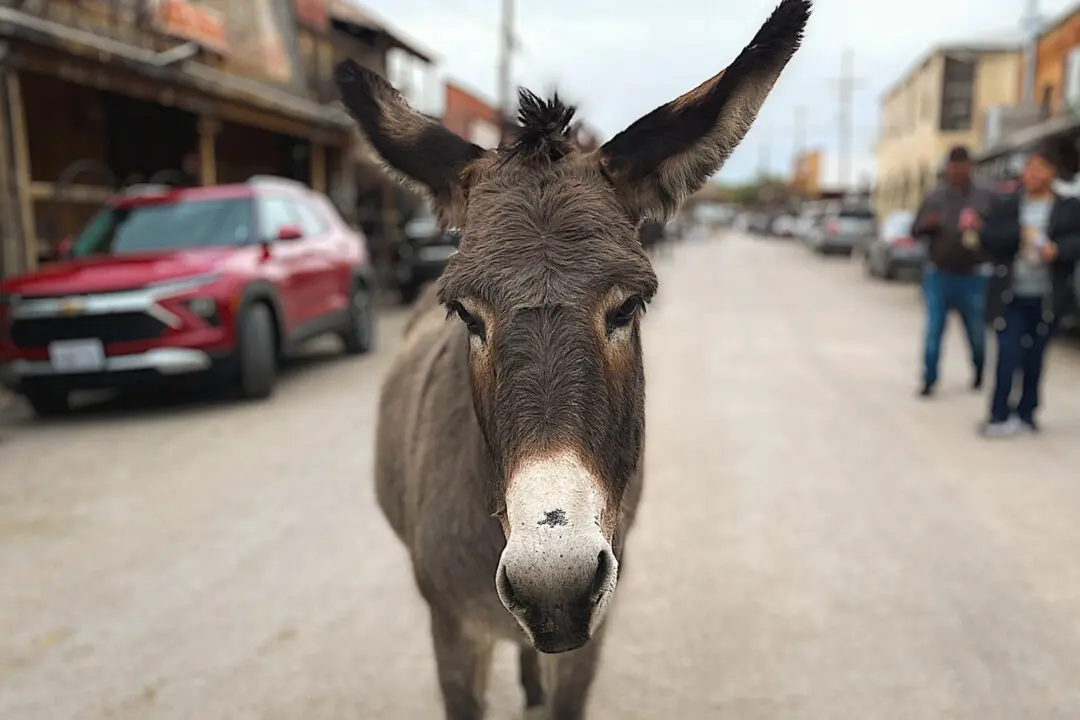CAVE CREEK, Ariz.—William, 69, of Cave Creek, Arizona, is the proud owner of three Harley-Davidson motorcycles: a 1997, a 2001, and a 2005 “soft tail” that he inherited.
He’s had motorcycles from other makers, too—Yamaha, Suzuki, BMW, Ducati—and he considers all good bikes. But Harley-Davidson was “just the thing” growing up, he said.





